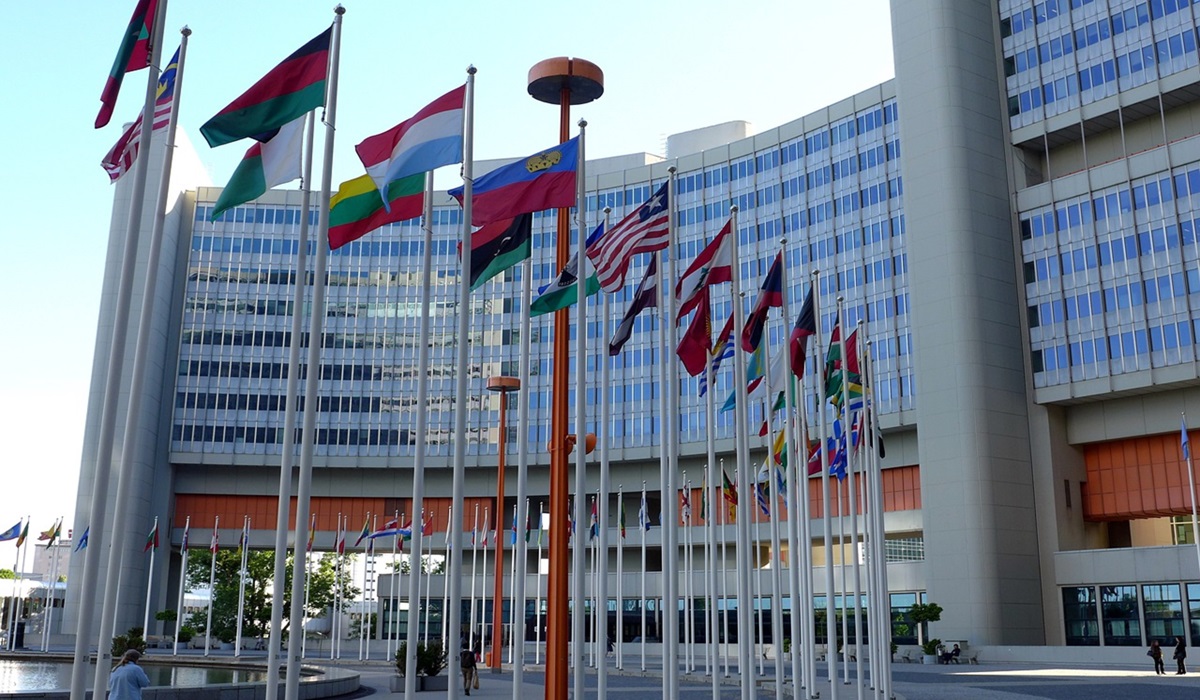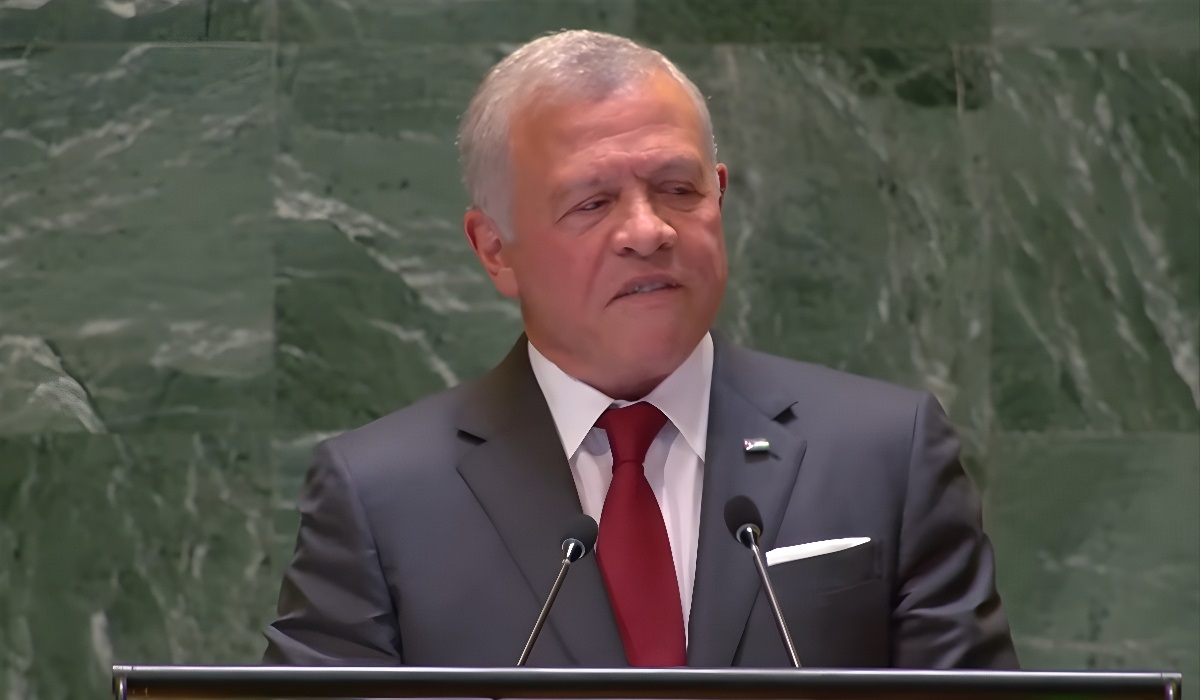To inform the EU countries, the European Commission and the ESA, the Norwegian Government is presenting a status plan on Norway’s climate policy. The status plan deals with emissions under the Effort Sharing Regulation (the non-ETS sector) as well as from forests and the land use sector (LULUCF). It describes existing Norwegian measures and instruments, as well as the latest projections for emissions and uptake until 2030.
Norway’s nationally determined contribution under the Paris Agreement is to reduce our emissions by at least 40 per cent compared to 1990 levels by 2030. Norway will cooperate with Iceland and EU to fulfil their respective emission reduction targets under the Paris Agreement.
Norway’s National Plan related to the Decision of the EEA Joint Committee.
In October 2019 the EU, Iceland and Norway formally agreed to cooperate on fulfilling our respective greenhouse gas emission reduction targets for 2030.
Through the Agreement, Iceland and Norway take part in all three pillars of the EU climate policies, including the regulations for the non-ETS emissions (Effort Sharing Regulation and the Regulation on greenhouse gas emissions and removals from land use, land use change and forestry (the LULUCF-regulation)). Norway will have a commitment to cut emissions from transport, construction, waste and agriculture by 40 per cent by 2030 compared with the 2005 level.
Norway has been a part of the EU Emission Trading System (ETS) since 2008.
As a national policy the Government’s intention is to reduce Norway’s non-ETS emissions by at least 45 per cent from 2005 – 2030, i.e. beyond our current commitment under the Effort Sharing Regulation. The government aims to reduce this through domestic measures and plans for this. If strictly necessary, the flexibility of the EU’s climate framework can be used.
The Government aims to present a White paper in 2020 on how Norway both can fulfill the commitments given in the cooperation with the EU, and the government’s goals from the Granavolden platform about 45 per cent domestic emission reduction in the non-quota sector.









